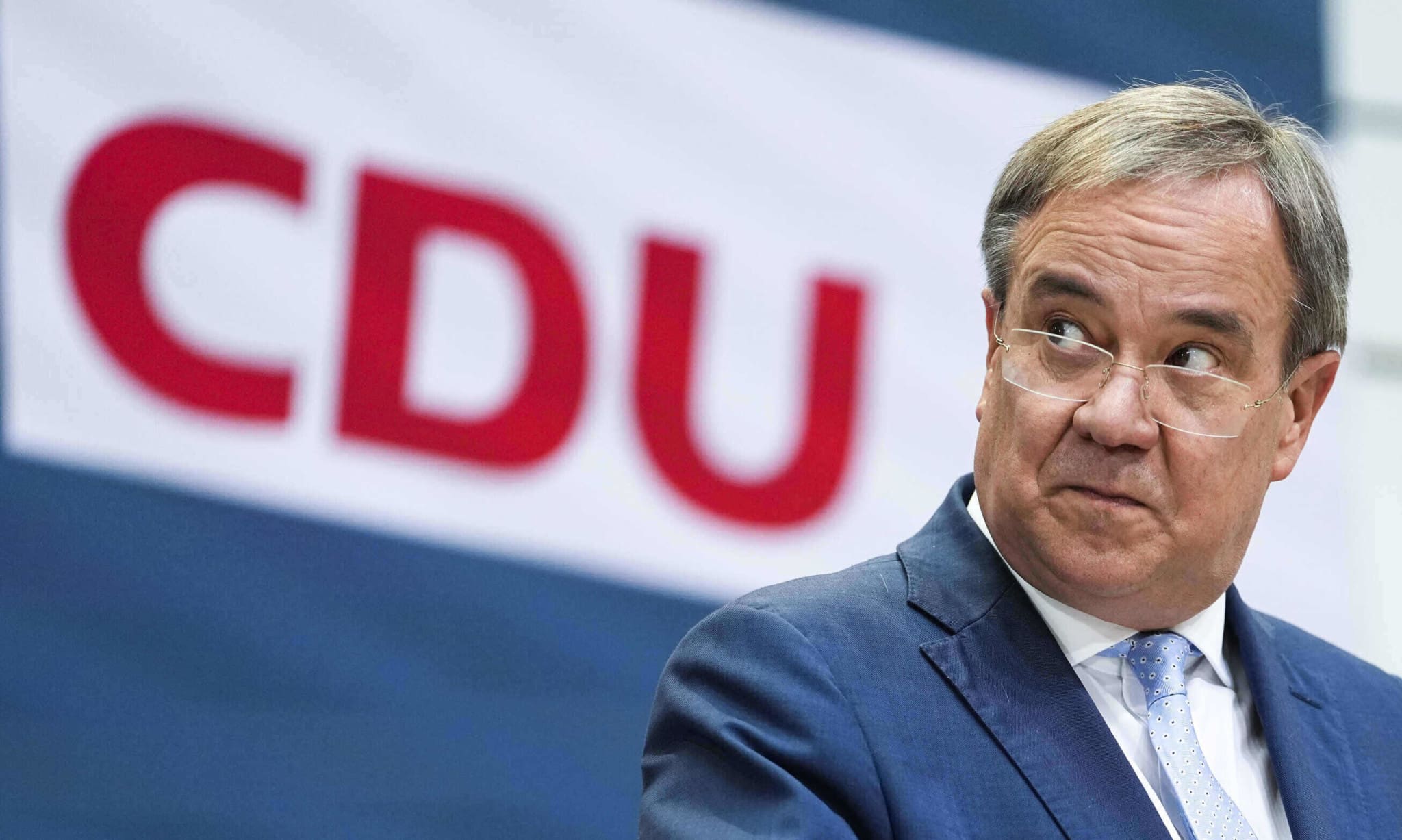Christian Democratic Union (CDU) and Christian Social Union (CSU) leaders Armin Laschet and Markus Söder invited Greens and Free Democrats (FDP) to negotiate a joint German governing coalition. The CDU/CSU finished second in Sunday’s federal elections. However, Social Democratic candidate for Chancellor Olaf Scholz also wants to form a government with the Greens and the FDP.
Laschet, who led the union in the elections as chancellor candidate, together with Bavarian Prime Minister Söder, wrote letters to FDP chief Christian Lindner and Greens co-chairs Annalena Baerbock and Robert Habeck. In those letters, and in addition to the invitation to the negotiations, they congratulated them on their electoral success, as both parties improved compared to the 2017 elections.
According to Laschet and Söder, the coalition of the Greens, the FDP, and the CDU/CSU (also known as “Jamaica” by party colors) could be a “promising political project” that will not only “modernize and make Germany more sustainable” but also “cover the full breadth of society.”
The two CDU/CSU leaders also emphasized that Germany needs sustainability in all directions, with climate and economy combined.
“We are responsible for the next generation, and this responsibility should be stressed more than before,“ added the representatives of the Union, according to daily Die Welt.
At the same time, they made it clear that the SPD had become the strongest party after the federal elections, but did not have a privileged right to form a government.
SPD does not have a Plan B
FDP Secretary General Volker Wissing, meanwhile, said the Liberals would hold talks with the CDU/CSU on Saturday and that an interview with the SPD was planned for Sunday. Baerbock said that the Greens were invited by the CDU/CSU to a meeting next week.
The SPD is also betting on the support of Greens and Liberals. Secretary-General Lars Klingbeil stated that the party had no plan B. He responded to a question from journalists whether the Social Democrats would negotiate a possible continuation of the current grand coalition with the CDU/CSU.
“There are three parties that have won,” Klingbeil said, referring to the Greens, the Liberals, and the Social Democrats, the only parties who came out stronger after the elections. “We will forge a coalition of winners from them,” he added.





